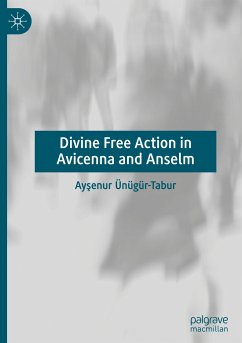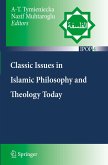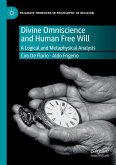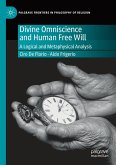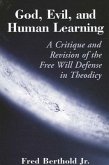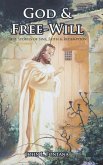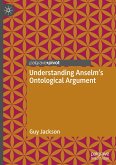This book investigates the compatibility between the doctrine of divine simplicity (DDS, hereafter) and divine free action primarily in the works of Avicenna and Anselm with an analytical approach.
The book has three main objectives: (1) to thoroughly analyse both philosophers' views on DDS, divine free will, and their compatibility; (2) to put them into the context of the contemporary discourse of the philosophy of religion, by investigating whether it is possible to have freedom without the ability to do otherwise (as proposed by both philosophers for divine free will) with a reference to the prominent contemporary discussions initiated by Harry Frankfurt's counterexamples; and (3) to show the plausibility of the agent-causal view for divine freedom (as defended by Anselm and Avicenna) by briefly sketching an alternative account based on Anselmian intuitions (the meta-awareness account) which can avoid the reasons-explanation objection and the luck objection against thelibertarian agent-causal view.
The book has three main objectives: (1) to thoroughly analyse both philosophers' views on DDS, divine free will, and their compatibility; (2) to put them into the context of the contemporary discourse of the philosophy of religion, by investigating whether it is possible to have freedom without the ability to do otherwise (as proposed by both philosophers for divine free will) with a reference to the prominent contemporary discussions initiated by Harry Frankfurt's counterexamples; and (3) to show the plausibility of the agent-causal view for divine freedom (as defended by Anselm and Avicenna) by briefly sketching an alternative account based on Anselmian intuitions (the meta-awareness account) which can avoid the reasons-explanation objection and the luck objection against thelibertarian agent-causal view.

